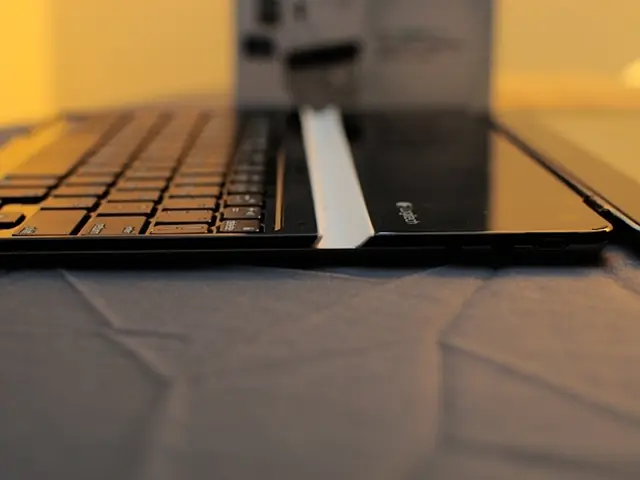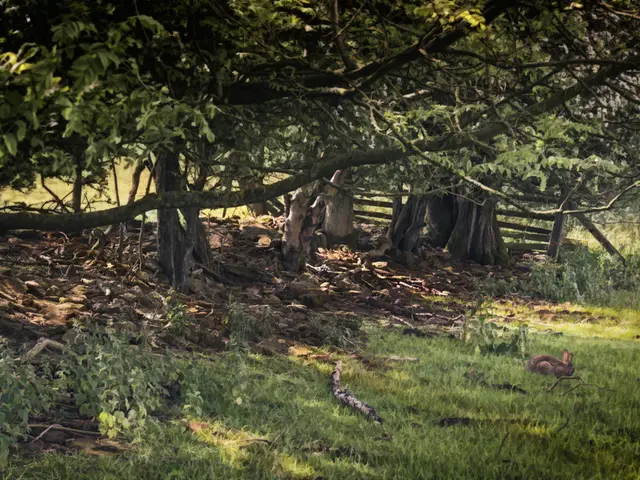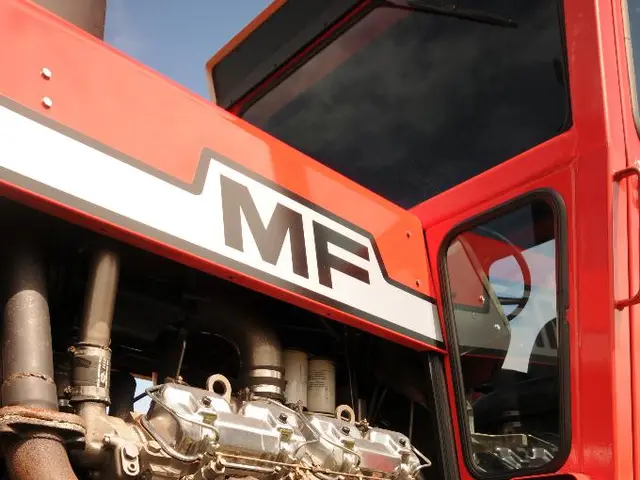Home driveway faux pas that experts warn can significantly decrease your property's curb appeal - and suggested alternatives
A well-designed and properly installed driveway not only enhances the aesthetic appeal of your property but also ensures its functionality and longevity. Here are some key considerations to keep in mind to achieve an optimal driveway.
Proper Preparation and Groundwork
The groundwork is the foundation of any driveway, and neglecting it can lead to significant problems such as poor stability, drainage issues, and structural failure. Proper preparation involves removing unstable topsoil, excavating to the appropriate depth, and creating a solid sub-base. Compacting the ground effectively is also crucial for longevity.
Drainage Planning
Incorporating proper drainage is vital to prevent water pooling, which can weaken the base and cause cracks or potholes. A slight slope, known as a crown, on gravel driveways, or overall grading to direct water away from the driveway, is essential.
Thoughtful Design
The design of your driveway should complement the style of your home, use harmonious materials, and be sized appropriately for vehicle maneuvering. Overly intricate designs may be impractical and can detract from the overall look. Consider including planting areas to soften the appearance.
Professional Installation
Choosing unqualified installers or poor workmanship can lead to structural failure. It is recommended to employ trusted professionals or accredited installers for the job, such as those from Marshalls Plc. Following recommended installation timing is also crucial.
Correct Materials
For concrete driveways, using the correct concrete mix ratio is essential to prevent cracking and ensure durability. The choice of materials affects both the appearance and performance of the driveway, and should be chosen based on climate and usage levels.
Maintenance
Regular maintenance is essential to ensure your driveway stays in good condition and looks great for many years. Cleaning with a pressure washer should be done carefully, as it can damage certain materials like natural stones.
Material Choices and Matching with the House
The materials for the driveway should match those used in the house for a cohesive look. Concrete block paving, for example, is an attractive and long-lasting material. Permeable paving allows water to drain away back into the ground, while non-permeable styles can incorporate soakaways or drainage systems like the Driveline Drain from Marshalls.
Considerations for Gravel Driveways
A crushed aggregate sub-base is necessary for a gravel driveway, and an effective weed membrane can help reduce maintenance. The final crushed rock layer should have adequate depth (at least 50mm) and be compacted properly.
Accessing the Driveway
A dropped kerb is necessary for accessing a driveway from the road, and planning permission may be required.
Expert Advice
Trevor Knight, a technical garden and driveway specialist at Marshalls Plc, emphasizes the importance of proper groundwork and drainage, thoughtful design, professional installation, correct materials, and adequate compaction. Daniel Wickham, the owner of First Impression Driveways, is known for his expertise and attention to detail in block paving, resin, concrete imprint, and tarmac services.
By considering these factors and consulting professionals early in the process, you can ensure your driveway is durable, functional, and visually appealing over time.
A well-designed driveway, complementing the style of your home, can be achieved by selecting harmonious materials and appropriate sizing for vehicle maneuvering. This home-and-garden improvement should also include thoughtful planning for drainage to prevent water pooling and structural issues, such as a slight slope (crown) or overall grading. Proper preparation and groundwork, including proper ground compaction, is crucial for the longevity and stability of your lifestyle enhancement - the home-and-garden driveway.








